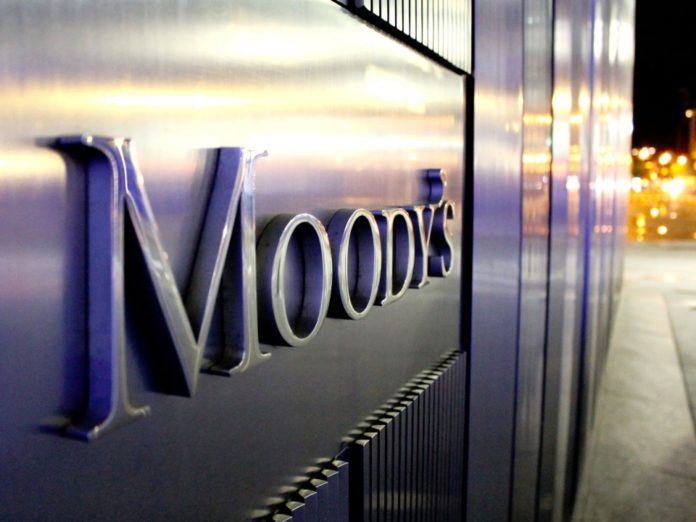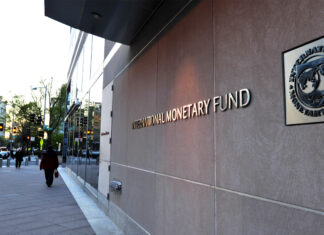LAHORE: Moody’s Investors Service (Moody’s) has affirmed the B3 long-term
local currency deposit ratings of five Pakistani banks and changed the outlook to stable from negative, according to a statement issued on Wednesday.
Moody’s has changed the outlook of five Pakistani banks which include Allied Bank Limited (ABL), Habib Bank Limited (HBL), MCB Bank Limited (MCB), National Bank of Pakistan (NBP) and United Bank Limited (UBL).
Earlier on Monday, Moody’s had affirmed Pakistan’s B3 rating, while changing the outlook on the sovereign rating to stable from negative based on the reduced
external vulnerability risks and ongoing fiscal reforms.
Interestingly, the five banks in question have not taken any measures to improve their rating however, it is simply a by-product of the improvement in Pakistan’s rating. Other Pakistani banks that lend a majority to consumers or corporates, and have a lesser lending ratio to the government, have been omitted from this.
According to the statement issued by Moody’s, the banks’ rating actions not only reflect improvements in the operating environment in Pakistan and in the country’s
sovereign credit profile but are also based on the banks’ high government exposures that link their credit profiles to that of the government; supported by the expectation that the government of Pakistan’s capacity to support banks in case of need will not deteriorate.
The report states, “the primary driver of Moody’s decision to change the five Pakistan banks’ outlooks to stable is the extensive interconnectedness between their balance sheets and sovereign credit risk, owing to the banks’ high exposures to government securities.”
“According to Moody’s estimates as of the latest available information, the five banks’ direct exposure to government credit risk stood at around 10.2x of Tier-1 capital for ABL, 8.1x for HBL, 6.4x for MCB, 9.5x for NBP and 6.8x for UBL.”
“The high direct exposure to government credit risk, in addition to the primarily Pakistan focus of their operations, links the banks’ credit profile to that of the government. As a result, the improvements in the operating environment and in the sovereign credit profile have eased pressures on banks as well.”
“The stable outlook assigned to the banks’ local currency deposit ratings also reflects Moody’s expectation that the government’s capacity to support banks in case of need will not deteriorate. This is reflected by the stable outlook on Pakistan’s sovereign B3 bond rating which is driven by reduced external vulnerability risks on the back of policy adjustments and currency flexibility, as well as ongoing fiscal reforms that will mitigate risks related to debt sustainability and government liquidity. The local currency deposit ratings of NBP and HBL incorporate one notch of support uplift from their caa1 baseline credit assessments,” the statement added.
Meanwhile, an industry expert told Profit, “This improvement from negative over to positive is a good sign for the banking industry and mainly driven by the improvement in the overall outlook, however, there are serious risks of slowdown in credit growth within the market due to high rates, increasing default trends and inflation.”
He added, “Non-Performing Loans (NPLs) have surged to Rs768 billion in 2018-19 as compared to Rs623.6 billion last year, and this could give the banks a tough time, regardless of their high dependency on sovereign credit risk.”

























Since Pakistan’s rating is at B3, rating of banks is also capped at B3- it can never be higher than the sovereign rating. If Pakistan’s rating improve, rating of banks will improve accordingly. On stand alone basis, Pakistani top 5 banks are a lot more stronger and could have gotten a very good rating had they not been capped by such low country rating.